Despite our digitised world, many traditional supply chain transactions remain tied to inefficient, expensive and vulnerable processes.
Retailers are demanding accurate, real-time inventory information to provide their consumers with faster service and low or no-cost shipping, all of which require an efficient and agile supply chain.
Providing transparency is critical to keeping the trust of everyone from suppliers to distributors to consumers.
By creating a chain of unaltered data in the cloud, it’s possible to track high-value, luxury goods and other items where buyers want full insight into the origins and the ownership trail of the goods.
Beyond this, today’s consumer is increasingly ethically conscious and brand reputation is at risk if retailers cannot account for their second and third-tier suppliers.
The introduction of the UK Modern Slavery Act has added an extra layer of accountability. Ultimately the perceived value of the product or service on offer is, now more than ever, a function of its provenance.
Today’s consumer is increasingly ethically conscious and brand reputation is at risk if retailers cannot account for their second and third-tier suppliers
Today supply chains are mostly analogue. Transactional data is still paper-based or uses tools such as Excel or email and often has to be reconciled by the various parties at different points in time.
This comes at a huge cost to brands. Recent estimates of disruption and lack of visibility in the supply chain are around $300bn globally. Furthermore, in an economy driven by trust (or lack thereof), a supply chain shock can hit brand share price to the tune of 6-12%.
Traceability is key
Every year one in 10 people fall ill and 400,000 of them die as a result of contaminated food, according to the WHO.
Many of the critical issues impacting food safety such as contamination, food-borne illness, waste and the economic burden of recalls rest on a lack of access to information and traceability.
Just look at the recent supermarket recall of potentially pesticide-affected eggs and the implicated cost to supermarkets and suppliers alike. The long-term impact in terms of consumer trust in those brands is harder to measure but equally felt.
By accelerating the tracing of food from days or weeks to minutes or even seconds, the entire retail ecosystem can operate more efficiently and safely. Given the $990bn in food waste per year, gaining a clearer picture of this network is growing in importance.
Beyond individual brands, let’s look at the global trade and shipment network.
By digitising and sharing documentation such as letters of credit or customs documents, when members of the supply chain network complete transactions for the invoicing process, others in the supply chain can see it. This results in faster payment for suppliers.
By accelerating the tracing of food from days or weeks to minutes or even seconds, the entire retail ecosystem can operate more efficiently and safely
We’re seeing a rise in systems and ledgers designed to establish a trusted environment for transactions to give brands more confidence in accounting for their supply chain.
Blockchain technology simplifies our complex global system of systems. This shared, immutable, online ledger tracks all kinds of transactions from product codes to serial numbers, to contracts, images, videos and more to establish one single version of truth.
By keeping suppliers and consumers front and centre, the transparency factor becoming more influential than ever before and by building a system of trust and efficiency between networks, retailers are starting to see significant competitive gain.
If you are based in the UK and Ireland and you would like to know more about blockchain and see it in action, then please register to attend Watson Summit London on the October 10.
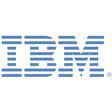




















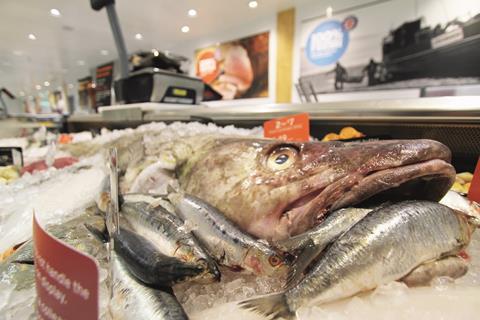



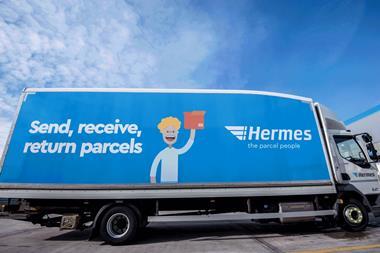


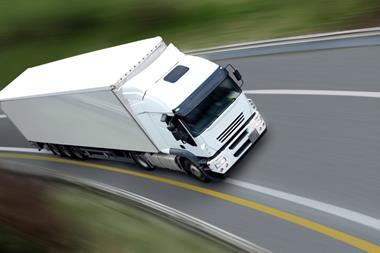
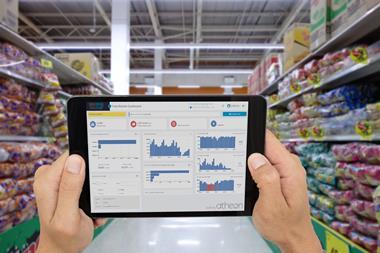
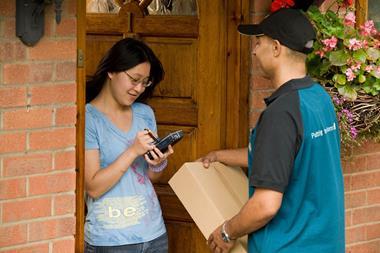
No comments yet